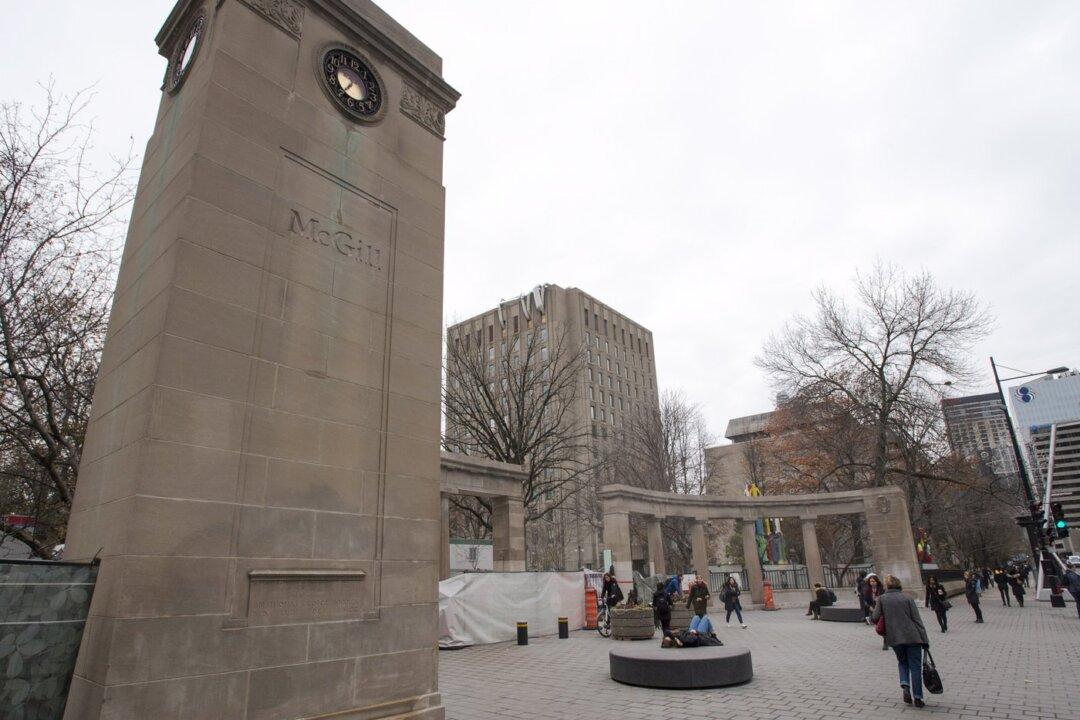McGill University is planning cost cuts and layoffs to address a projected $45-million deficit next fiscal year, which it blames partly on new Quebec government policies.
Administrators at the Montreal university say McGill is dealing with many of the same challenges facing other Canadian post-secondary institutions, including cuts to international student enrolment. But they say McGill has also been hit hard by the Quebec government’s decision to increase tuition for out-of-province students and to claw back enrolment revenue.





